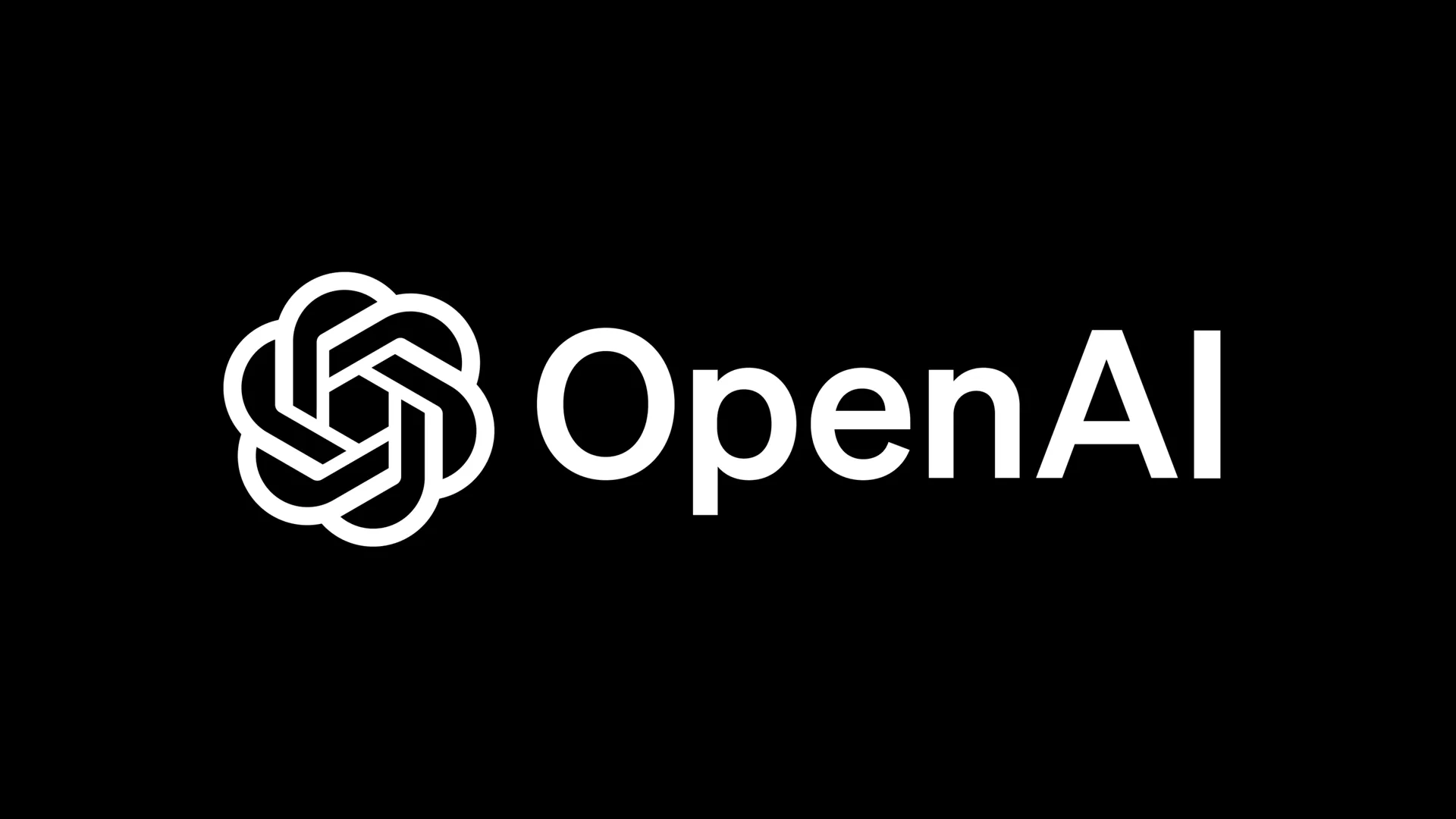A major provider of three widely used nudify services has cut off Australian access after enforcement action from eSafety.
The company received an official warning in September for allowing its tools to be used to produce AI-generated material that harmed children.
A withdrawal that follows concerns about incidents involving school students and repeated reminders that online services must meet Australia’s mandatory safety standards.
eSafety stated that Australia’s codes and standards are encouraging companies to adopt stronger safeguards.
The Commissioner noted that preventing the misuse of consumer tools remains central to reducing the risk of harm and that more precise boundaries can lower the likelihood of abuse affecting young people.
Attention has also turned to underlying models and the hosting platforms that distribute them.
Hugging Face has updated its terms to require users to take steps to mitigate the risks associated with uploaded models, including preventing misuse for generating harmful content. The company is required to act when reports or internal checks reveal breaches of its policies.
eSafety indicated that failure to comply with industry codes or standards can lead to enforcement measures, including significant financial penalties.
The agency is working with the government on further reforms intended to restrict access to nudify tools and strengthen protections across the technology stack.
Would you like to learn more about AI, tech and digital diplomacy? If so, ask our Diplo chatbot!










